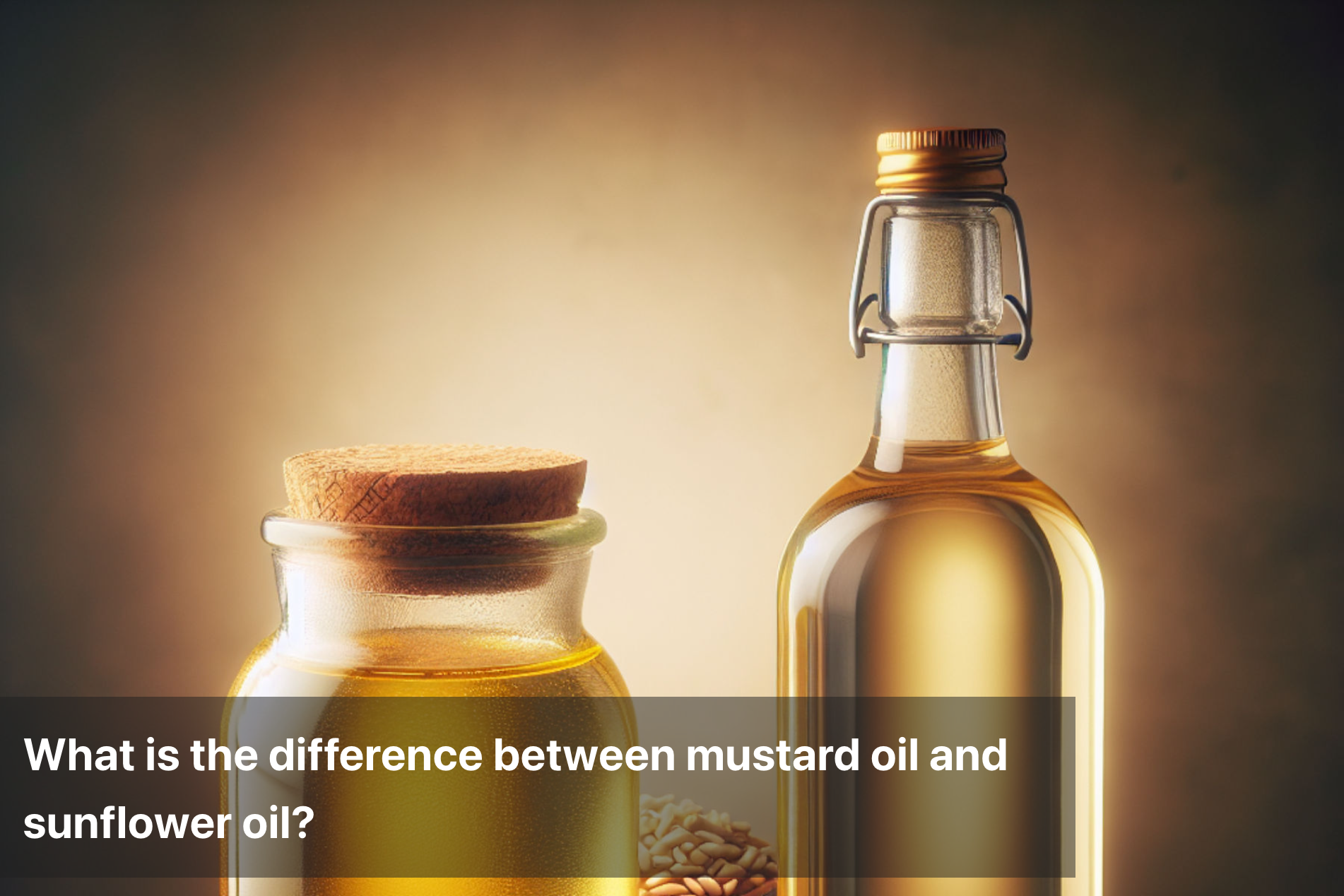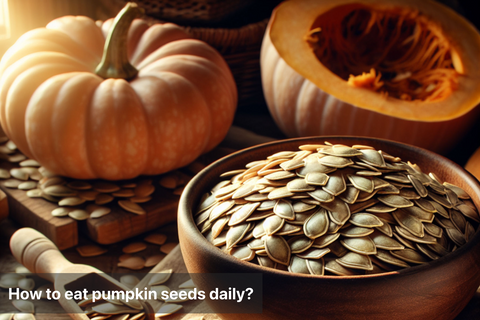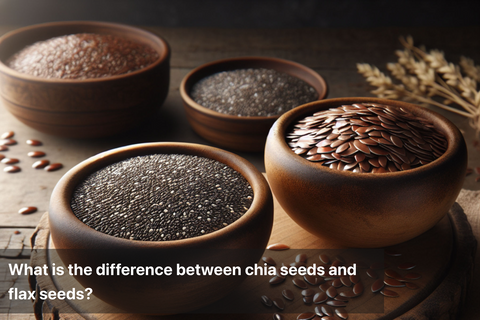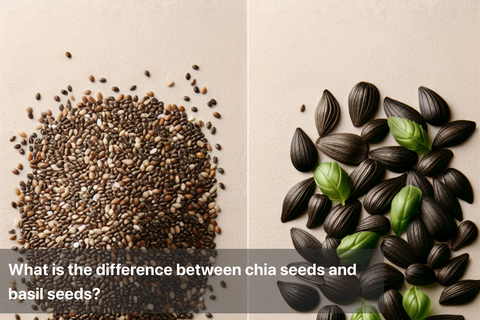
What is the difference between mustard oil and sunflower oil?
Mustard oil and sunflower oil are two popular options in the culinary world, each bringing unique qualities to a variety of dishes. Mustard oil, extensively used in Indian cuisine, is derived from mustard seeds and has a distinct, pungent flavor. Its usage is steeped in tradition, often celebrated for its ability to enhance the taste of foods like pickles and curries. In contrast, sunflower oil is extracted from sunflower seeds and is favored for its light flavor and high smoke point, making it a versatile choice for frying, baking, and sautéing.
The relevance of comparing mustard oil and sunflower oil arises from the growing interest in healthy cooking alternatives. As people become more health-conscious, understanding the differences between these oils can inform better dietary choices. For instance, the choice between these oils can affect both flavor and nutritional properties in our meals.
In today's health-focused environment, discussing which oil to use, and when, helps in making informed decisions in the kitchen. This exploration of mustard oil versus sunflower oil aims to clarify their distinct attributes, nutritional benefits, and culinary applications, providing you with the insights necessary for your cooking endeavors.

Nutritional Profile
Nutrient |
Mustard Oil |
Sunflower Oil |
|---|---|---|
Calories |
~884 kcal |
~884 kcal |
Total Fat |
~100 g |
~100 g |
Saturated Fat |
~12 g |
~10 g |
Omega-3 Fatty Acids |
~5-6 g |
~1 g |
Omega-6 Fatty Acids |
~16 g |
~38 g |
Vitamin E |
Trace amounts |
~41 mg (significant) |
Culinary Uses
Culinary Uses of Mustard Oil:
Indian Cuisine: Widely used in Indian cooking, especially in Bengali, Punjabi, and Rajasthani dishes, for its strong, pungent flavor.
Raw Drizzle: Often used raw in dishes like mustard oil-flavored salads or mashed vegetables (e.g., Bengali "Aloo Bharta").
Marination: Ideal for marinating meats and fish due to its bold taste.
Pickling: Commonly used as a preservative and flavor enhancer in pickles.
Frying and Sautéing: Works well for deep-frying and tempering spices.
Culinary Uses of Sunflower Oil:
General Cooking: A versatile oil suitable for sautéing, stir-frying, and shallow frying due to its mild flavor.
Salad Dressings: Perfect for vinaigrettes or as a base for mayonnaise because of its light taste.
Baking: Frequently used in baking as a neutral oil for cakes, muffins, and bread.
Everyday Use: Commonly used for cooking daily meals due to its lightness and non-intrusive flavor.
High-Heat Cooking: Works well for deep frying as it has a high smoke point.
Health Benefits
Mustard Oil:
Helps with Asthma: Some studies suggest that mustard oil massages or consumption can improve respiratory health.
Heart Health: Rich in monounsaturated fats (MUFA) and Omega-3 fatty acids, it promotes heart health by reducing bad cholesterol levels.
Skin and Hair: Often used in massages; it nourishes skin and promotes hair growth due to its vitamin E content.
Digestive Aid: Stimulates the secretion of digestive juices, improving digestion and appetite.
Antibacterial and Antifungal: Known for its natural antimicrobial properties, making it beneficial for immunity and skin health.

Sunflower Oil:
Heart-Friendly: Contains a high level of polyunsaturated fats (PUFA), especially Omega-6, which can help manage cholesterol levels when consumed in moderation.
Rich in Vitamin E: A powerful antioxidant that protects cells, promotes skin health, and boosts immunity.
Anti-Inflammatory: Helps reduce inflammation and may benefit conditions like arthritis.
Promotes Skin Health: Due to its Vitamin E content, it keeps the skin hydrated and youthful.
Improves Digestion: Its lightness makes it easy to digest, making it suitable for people with sensitive stomachs.
Summary
Mustard oil and sunflower oil are two widely used culinary oils, each with distinct characteristics and applications. Mustard oil, derived from mustard seeds, is celebrated in Indian cuisine for its strong, pungent flavor and traditional significance in dishes like curries, pickles, and marinades. In contrast, sunflower oil, extracted from sunflower seeds, offers a neutral taste and high smoke point, making it a versatile option for frying, baking, and salad dressings.
Nutritionally, both oils provide approximately 884 kcal per 100 ml, but their fat compositions differ. Mustard oil contains more Omega-3 fatty acids, beneficial for heart health, while sunflower oil is richer in Omega-6 fatty acids and Vitamin E, which supports skin health and immunity. These differences influence their respective health benefits and suitability for various dietary needs.
Mustard oil is often used for traditional Indian cooking, raw drizzles, and pickling due to its bold taste and antimicrobial properties. On the other hand, sunflower oil is preferred for its lightness and versatility in general cooking, baking, and frying. Both oils have unique roles in the kitchen, catering to different flavors and cooking methods.
The choice between mustard and sunflower oil ultimately depends on the desired flavor profile and health goals. Mustard oil excels in traditional recipes and enhancing digestion, while sunflower oil offers a lighter, more neutral option suitable for modern, health-conscious cooking.
FAQs:
What is the main difference between mustard oil and sunflower oil?
Mustard oil has a strong, pungent flavor and is primarily used in Indian cuisine, while sunflower oil has a neutral flavor and is commonly used globally for frying, baking, and salad dressings.Which oil is healthier, mustard oil or sunflower oil?
Both oils offer health benefits. Mustard oil is rich in Omega-3 fatty acids and has anti-inflammatory properties, while sunflower oil is high in Vitamin E and Omega-6 fatty acids, supporting skin health and boosting immunity.Is sunflower oil better for high-heat cooking?
Yes, sunflower oil has a higher smoke point (~232°C), making it more suitable for high-heat cooking methods like deep frying compared to mustard oil.What are the culinary uses of mustard oil?
Mustard oil is commonly used in Indian cuisine for pickling, marinating meats, frying, and as a raw drizzle for salads and vegetables.
This Blog post is an initiative by Lo! Foods, to provide accurate and Nutritionist / Doctor approved information related to Health. Lo! Foods is India's leading brand for Everyday Functional Foods. Foods designed for specific Health conditions or Needs. Lo! Foods also runs India's largest range of Low Carb Healthy Cloud Kitchens, under the brand names of Lo!, ProteinChef, ATH (All Things Healthy) and DiabeSmart.













Leave a comment
Your email address will not be published.